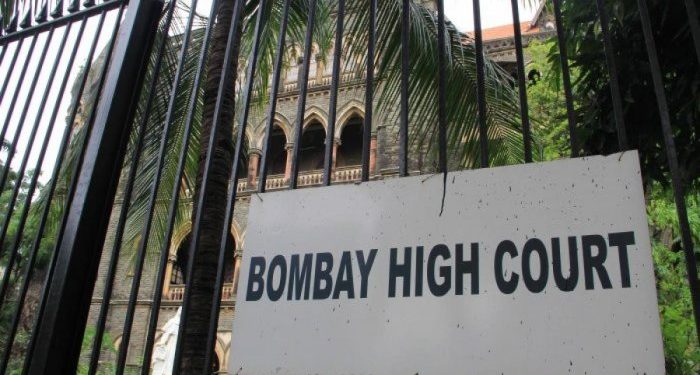The process of a contested divorce in India can be extremely painful and especially if you are a man, it may take a minimum of one decade or more for the matter to come to any conclusion by honourable courts. In the recent case, Bombay high court (HC) has granted divorce to a 47-year-old Navi Mumbai resident on the ground that his estranged wife had written a letter to his employer, levelling unfounded wild allegations against him, that caused him mental cruelty and in conformity with The Hindu Marriage Act, 1955.
Case:
The couple had got married in May 1993, and they have two sons. Their relationship soured in May 2006, when the wife suddenly left for her maternal home along with the two sons.
Although several attempts of reconciliation were made, their conjugal ties were irrevocably ruptured in June 2008 after the woman again visited her maternal home for about four days and came back to her house unannounced and broke it open in her husband’s absence. This is when she also wrote to his employer, implicating him of having an extramarital affair.
ALSO READ –
Bombay High Court: “Every Case Of Harassment To Married Woman Is Not ‘Cruelty’ Under Section 498A”
A few days later, the husband moved the family court at Nagpur, where their marriage was registered in May 1993. Later, he moved the Bombay HC after the family court rejected his divorce plea in March 2012.
High Court Observation
The two-member division bench of Justices VM Deshpande and SM Modak accepted that the wife’s bid to write to her estranged husband’s employer was “actionable cruelty within the purview of Section 13(1) (i-a) of The Hindu Marriage Act, 1955” and granted him a divorce on that ground.
The HC accepted his contention that the woman’s conduct of writing a letter to his employer and making unsubstantiated wild allegations amounted to mental cruelty and conformed with The Hindu Marriage Act, 1955, and he was entitled to a divorce on that count.
ALSO READ –
Bombay High Court Upholds Alimony To ‘Earning Wife’ Even After 13-Years Of Divorce
The HC said,
Trust and confidence are foundations of a marriage and if a spouse establishes an extramarital affair with some other person, it is considered as an act damaging the foundation.
The bench added,
And, if one of the spouses makes such allegations and h/she fails to prove it, it is considered as an act causing mental pain to the other spouse and an instance of cruelty.
The court further said that unfounded wild allegations, particularly about the character of a spouse, has been legally recognised as a ground of divorce on account of mental cruelty.
The bench, however, refused to accept other charges levelled by the husband against his estranged wife such as cruelty and desertion.
ALSO READ –
“There Is Growing Tendency To Come Up With Exaggerated Allegations Roping In Each & Every Relative Of Husband” | Delhi High Court
While the man has finally got relief from high court, the woman still stands a chance to contest the same in apex court. The man filed for divorce when he was 35-years old and divorce granted by high court after twelve years is no sign of real justice for any human.
Section 13(1) (ia) of the Hindu Marriage Act, 1955 Divorce
(1) Any marriage solemnised, whether before or after the commencement of the Act, may, on a petition presented by either the husband or the wife, be dissolved by a decree of divorce on the ground that the other party.
(ia) has, after the solemnisation of the marriage, treated the petitioner with cruelty .
Cruelty – A spouse can file a divorce case when he/she is subjected to any kind of mental and physical injury that causes danger to life, limb and health. The intangible acts of cruelty through mental torture are not judged upon one single act but series of incidents. Certain instances like the food being denied, continuous ill treatment and abuses to acquire dowry, perverse sexual act and such are included under cruelty.
ALSO READ –
https://voiceformenindia.com/his-story/false-domestic-violence-case-india/
We are now on Telegram. Follow Us For More Updates
Join our Facebook Group or follow us on social media by clicking on the icons below
If you find value in our work, you may choose to donate to Voice For Men Foundation via Milaap OR via UPI: voiceformenindia@hdfcbank (80G tax exemption applicable)
































Comments 1